The Combating Poaching and Illegal Wildlife Trafficking UNDP-IWT project Kenya, has trained 120 community rangers in the Maasai Mara and the Tsavo conservancy areas since the start of the programme two years ago.
The project working in partnership with Space for Giants (SFG), Kenya Wildlife Service (KWS), United Nations Office on Drugs and Crime (UNODC) and Office of the Director of Public Prosecutions (ODPP) provided training and capacity building to the rangers on prosecution and investigative skills on wildlife and forestry crimes. The objective is to strengthen national and local efforts to fight poaching and IWT in the conservancies.
The project financed by the GEF trust fund through UNDP-Kenya and benefits from parallel co-financing by the Kenyan Government, County Governments and key wildlife associations has also provided two vehicles to Tsavo conservation area and three to Maasai Mara conservation area for security patrols and rapid response during anti-poaching operations.
Additionally, the project that started in 2021 conducted community awareness and education meetings in Mbale, Kasigau and Wushumbu conservancies in Tsavo ecosystem and Olpua, Mbokishi and Enonkishu in Maasai Mara ecosystem as measures to involve the community in wildlife conservation efforts and the protection of wildlife against poaching.
To strengthen cross border collaboration in the fight against poaching and illegal trafficking in wildlife products, the project is facilitating the development of international agreements between Kenya and Tanzania on the protection and management of the Maasai Mara – Serengeti and Tsavo-Mkomazi Trans-Frontier Conservation Areas (TFCAs). The process is ongoing and TFCAs agreements will be ready by February 2024.
As a measure to strengthen security initiatives within the conservation areas, the project supported the establishment of Multi-Agency Wildlife Security Hubs at the Kenya Wildlife Services Center in Voi and at in Kasigau Ranch in Tsavo for wildlife security coordination. The Kasigau Hub is set to be operational in August 2023.
Similarly, the project is supporting the development of Ecosystem Management Plans (EMP) in the two ecosystems. The activity led by KWS and supported by Flora and Fauna International (FFI) in the Tsavo Conservation Area will generate a master plan for wildlife-friendly solutions. The 10-year ecosystem plan for the Mara Ecosystem was launched in March 2023.
The Project aims to provide a long-term solution to wildlife loss in two project areas – the Maasai Mara and the Tsavo conservancies. In implementing strategic interventions, the project goal is to increase national and local capacity to fight wildlife crime, increase effectiveness of Conservancies, Protected Areas (Pas) and local law enforcement agencies to control poaching and Illegal Wildlife Trade (IWT) in Tsavo and Maasai Mara Ecosystems, strengthened Community Wildlife Conservancies and benefits for local communities from Community Based Wildlife Management (CBWM) and Community Based Natural Resource Management (ICBNRM) in Tsavo and Maasai Mara Ecosystems.
There are initiatives by the project to develop a comprehensive gender action plan by July 2023 as part of effort of gender mainstreaming in the two conservancy ecosystems.

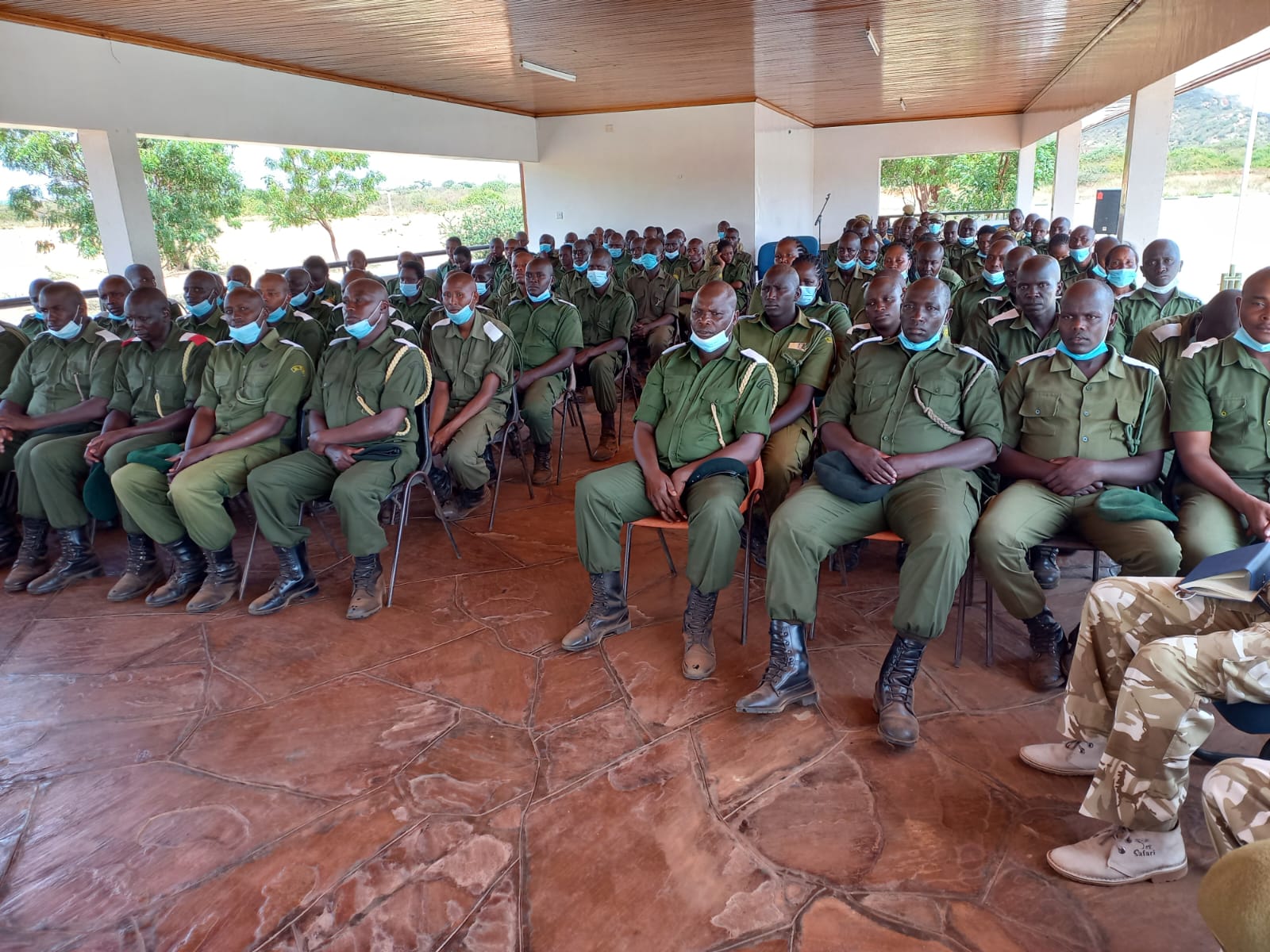
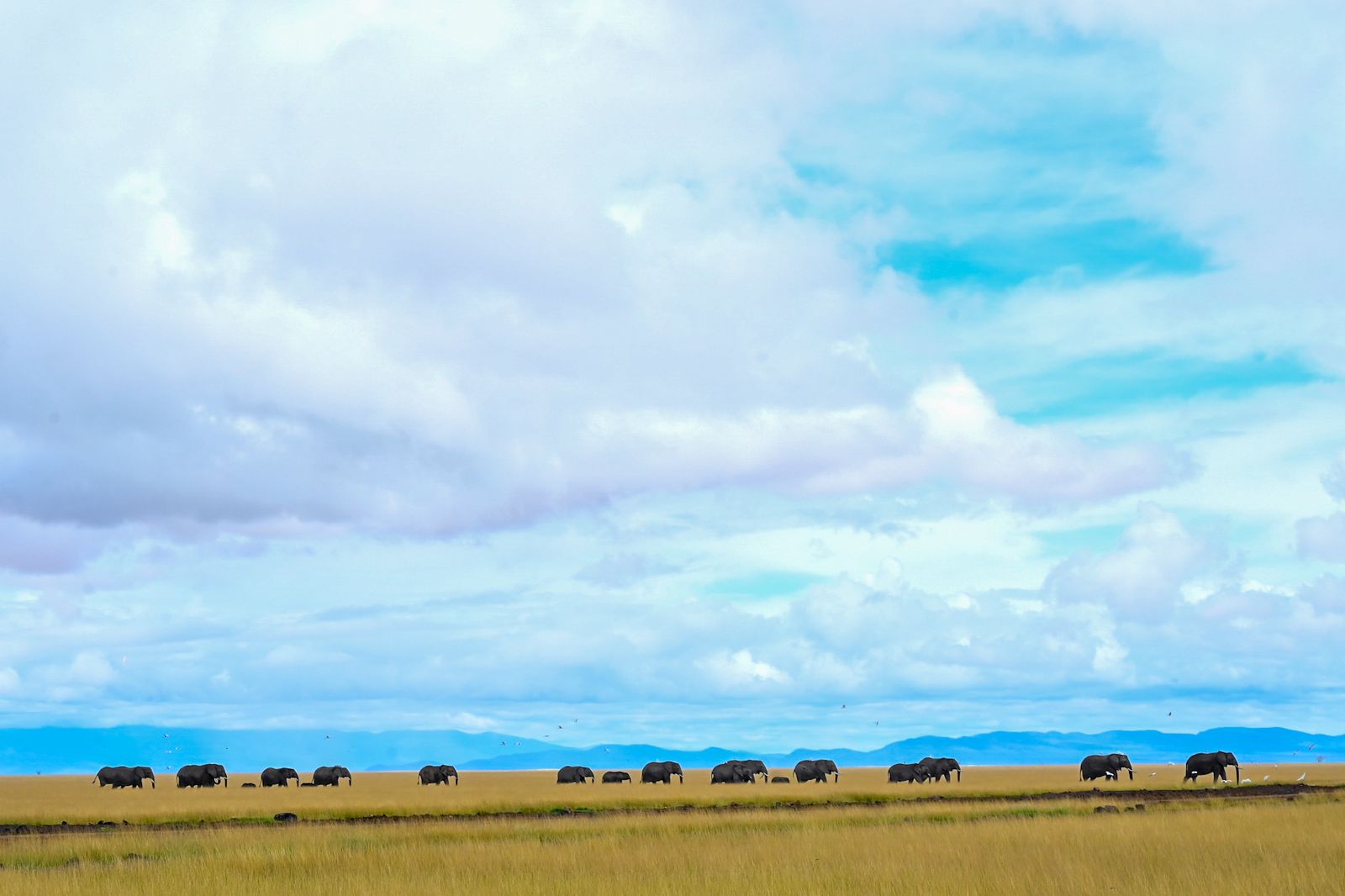
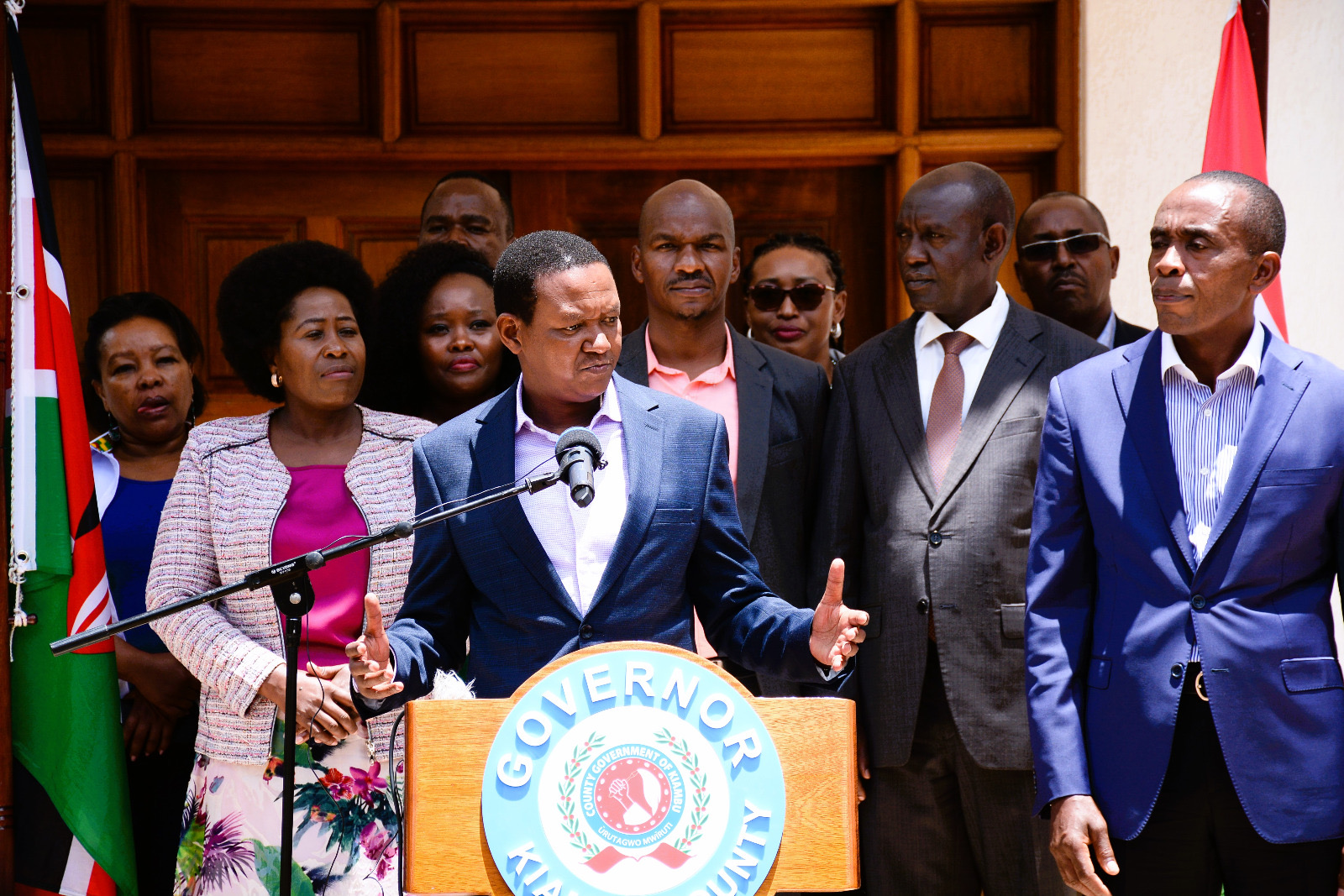
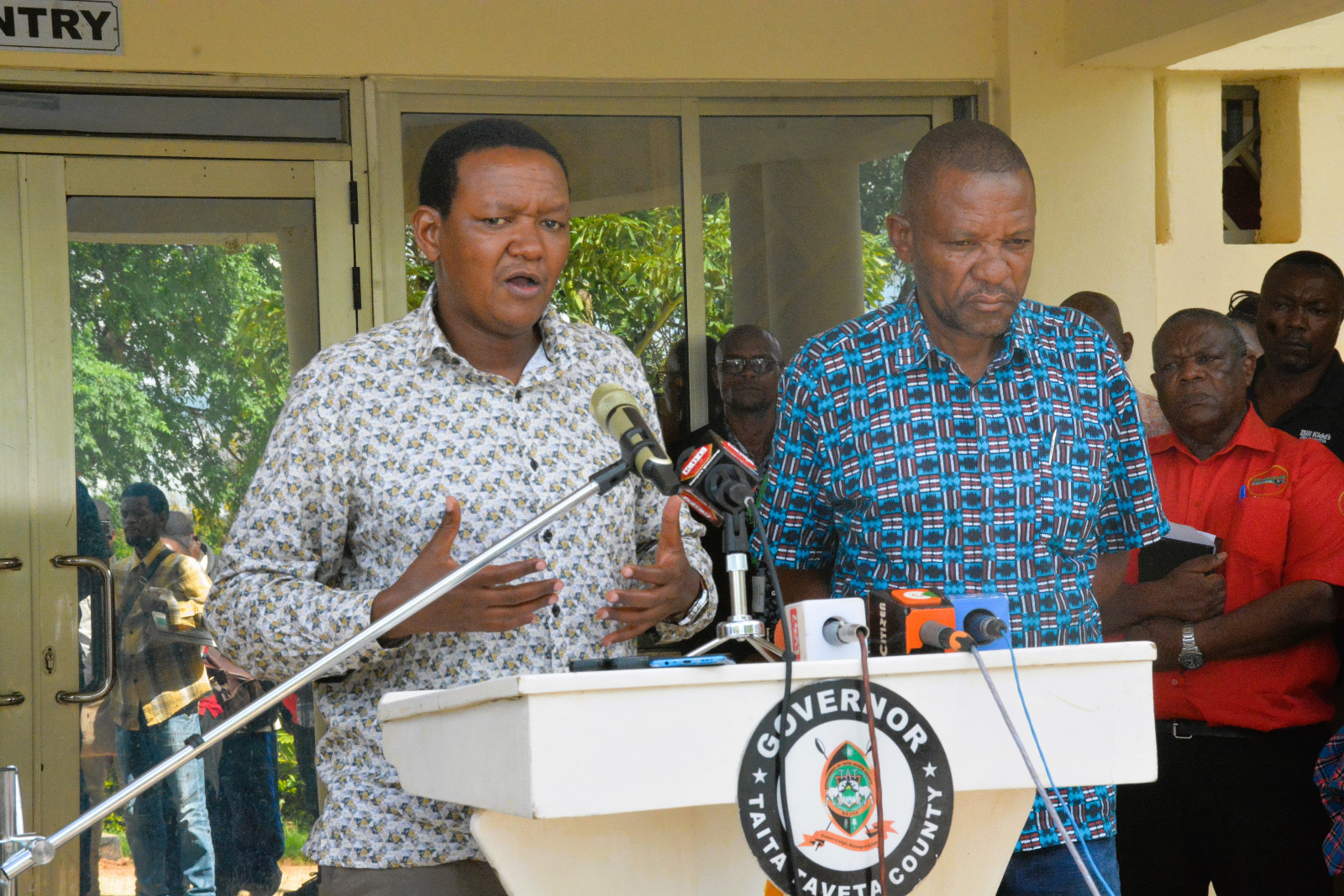
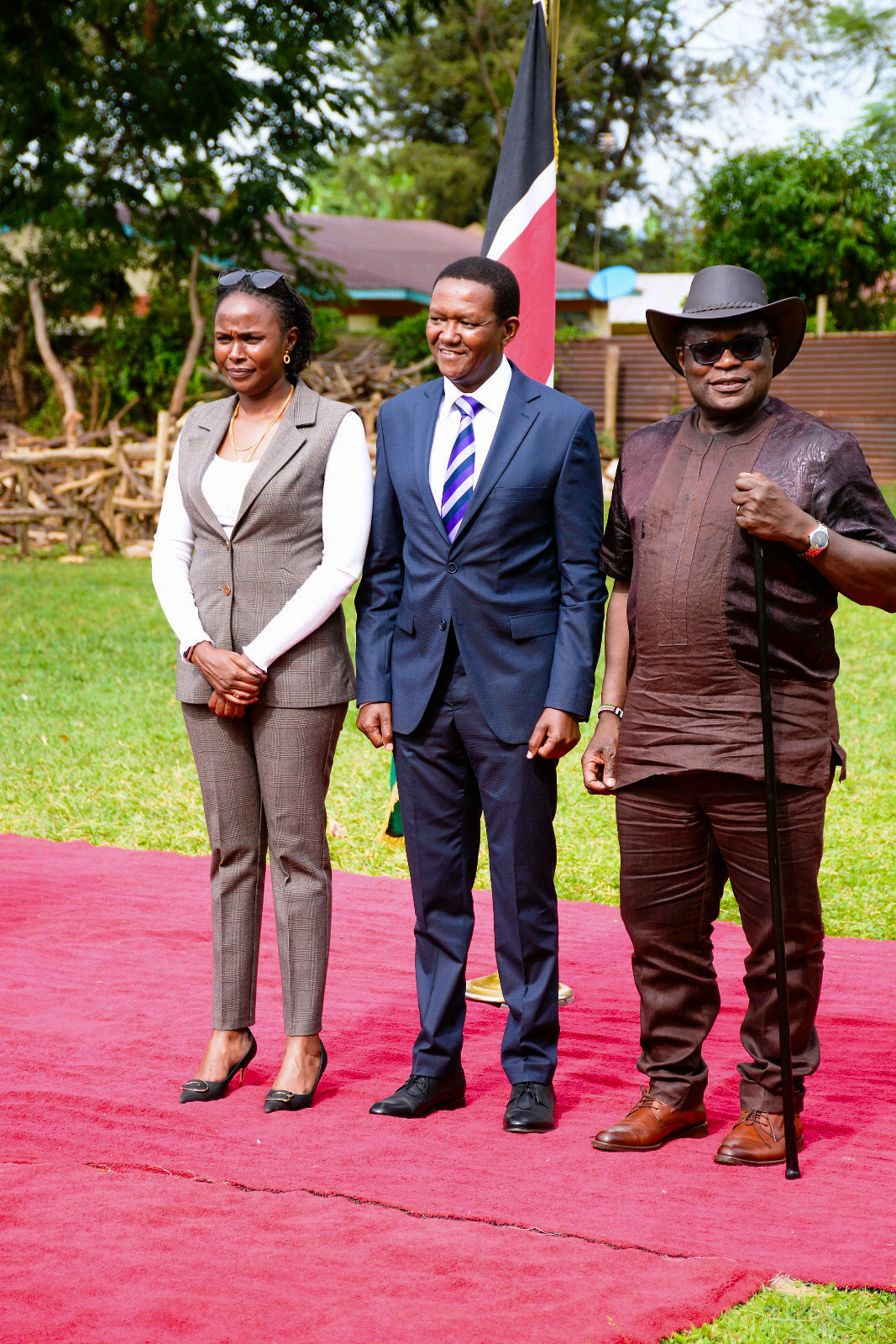
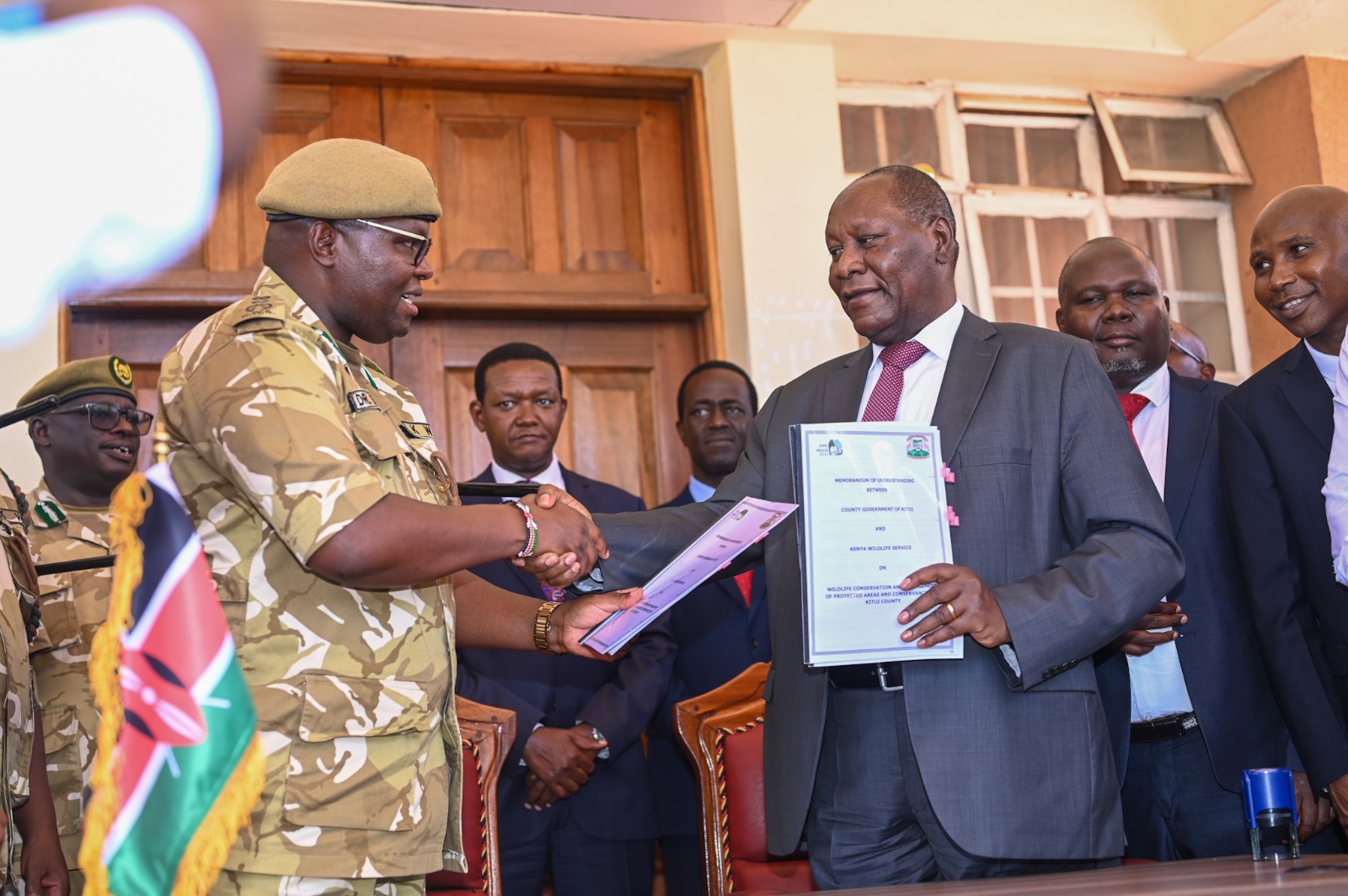
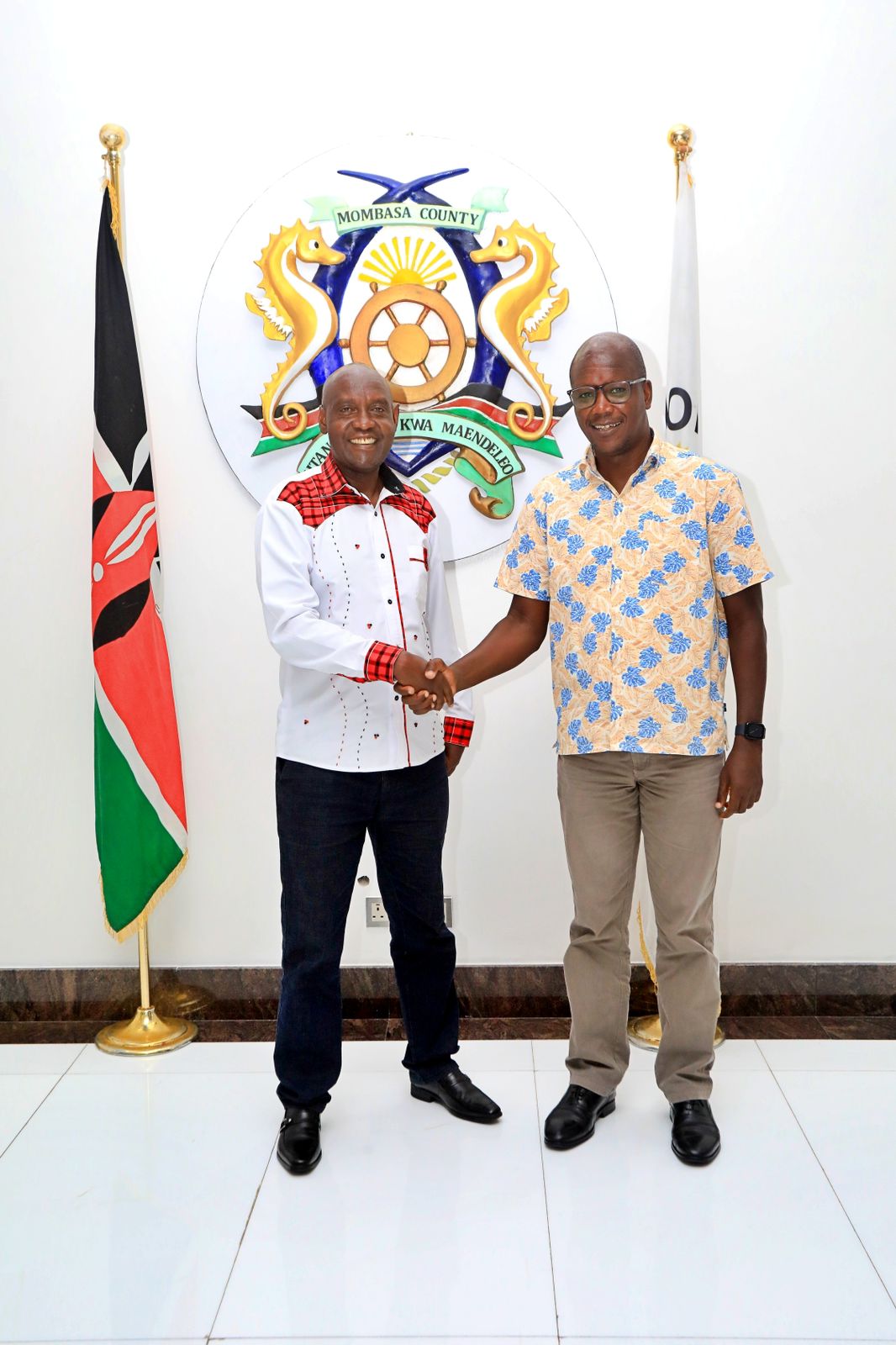
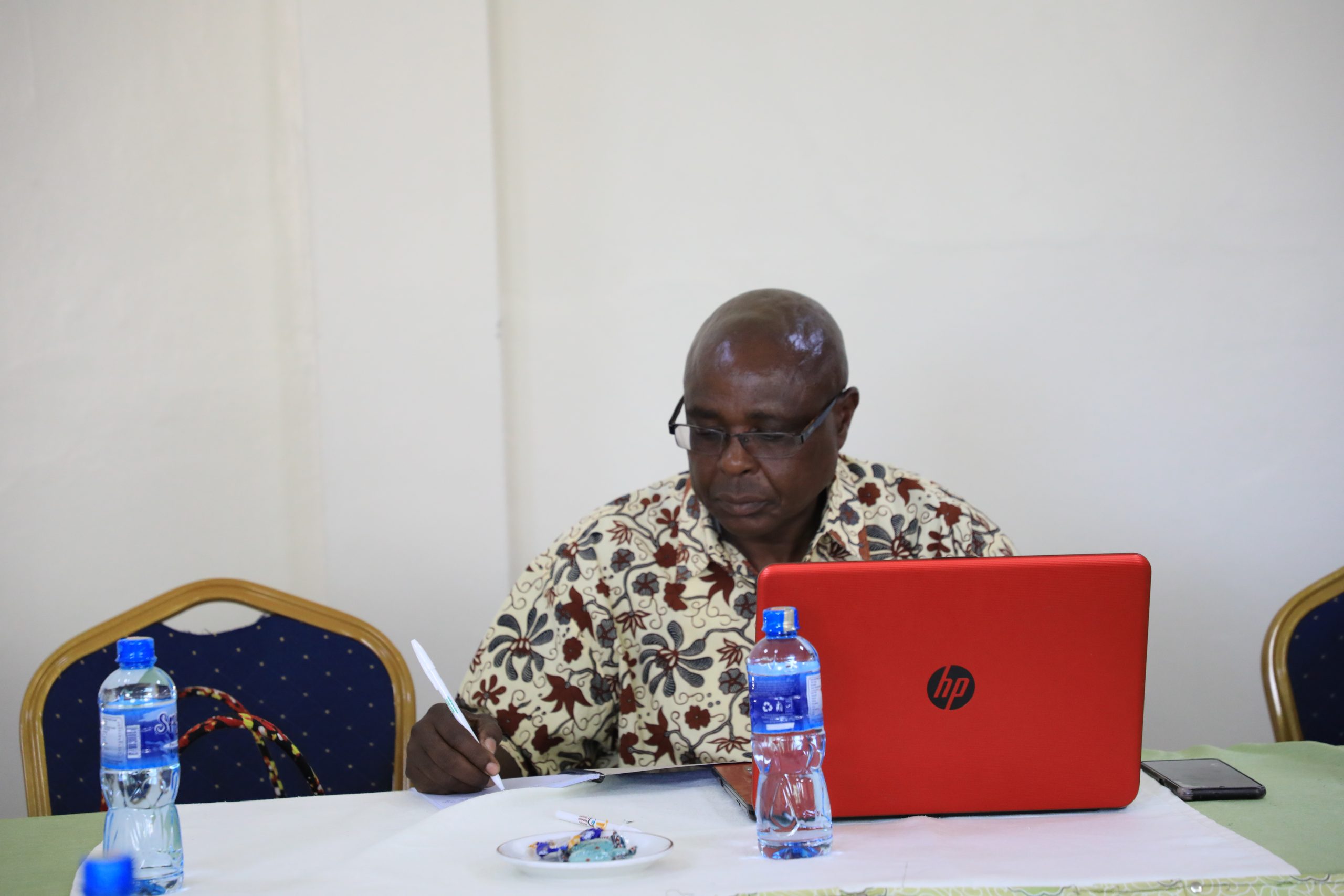
Leave A Comment